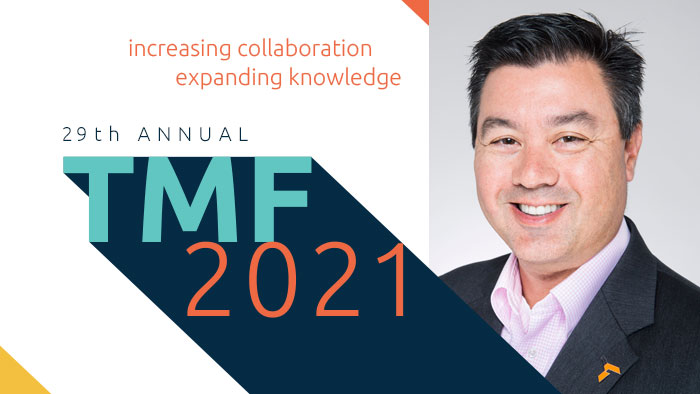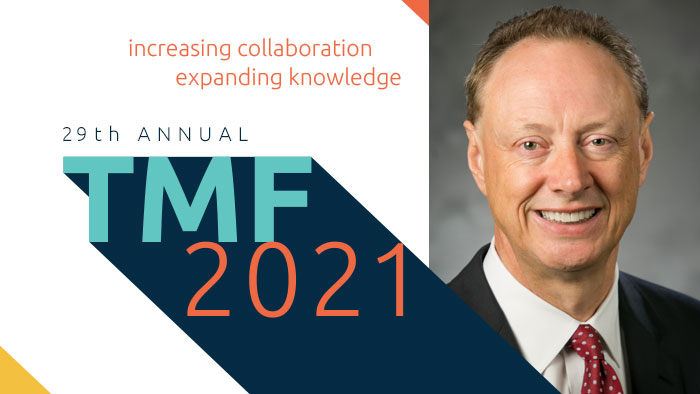Medicare covers most medical and hospital services related to organ transplant. Robert Howey, a financial management consultant with a long history of working with professionals in the hospital and healthcare industry, seeks to clear any confusion in helping administrators maximize Medicare reimbursement while maintaining compliance with federal government regulations.
Tell us a little bit about your background.
I’m currently executive director of reimbursement at the University of Miami Health System. For more than three years, I was a senior director with Toyon Associates, which is a reimbursement consulting firm helping mostly hospitals navigate the complexities of Medicare payments in the regulatory world. Prior to that, I was with the Mayo Clinic in Jacksonville, Florida, which is where my residence is for 13 years in the same field as well.
What will you be presenting at 2021 UNOS Transplant Management Forum?
The Medicare cost report, with respect to how it interacts with transplant on how Medicare pays for the acquisition costs for solid organ transplants, is paid on a reasonable cost basis. So that requires precise documentation, collaboration internally within the hospital or billing processes as well as just documenting your expenses. And then it comes down to the organ count itself because how Medicare pays is based on the total costs for acquisition. You have different schedules for each organ type between kidney, liver, pancreas, and so forth, but for the total activity for the year, they pay their percentage of those total costs based on the ratio of Medicare to total. So there’s a lot that goes into those costs.
What we find with the complexities is that there are some things that are missing with respect to costs or there’s things that are being included that shouldn’t be included. In addition, sometimes the count is even wrong. So depending on the size of your program, this could be a lost opportunity between several hundred thousand to even several million dollars.
What are you hoping that attendees of TMF will learn after they attend your session?
Administrators and your managers are on the operational side and they’re not necessarily finance people. So what I like to tell them is if you understand what questions to ask or if you’re not getting those answers that you’re asking with your staff, then you might have a disconnect with your reimbursement team within the hospital. Reimbursement teams are the ones who prepare the Medicare cost report. So those are the questions that I want them to bring back and ask, ‘Are we doing this?’ If you’re not getting the answers, then you might have a disconnect, and I’m always happy to help with that disconnect.
Every time I look at a transplant center, I go in and I say, ‘I’m afraid I’m not going to find anything,’ and I always find something new. It never ceases to amaze me. I find something new that I’ve never seen in another transplant center. How they’re doing things affects their payment and it could be significant dollars, I mean six figures, or even sometimes seven figures. And I’m only looking at one year. So if they’ve been doing it for just that one year, no telling how long they’ve been doing it this incorrect way for as many years. They’re not finance people, but I try to make it easy for them to understand and to take substantive information back to their institution. And hopefully that will help them.






